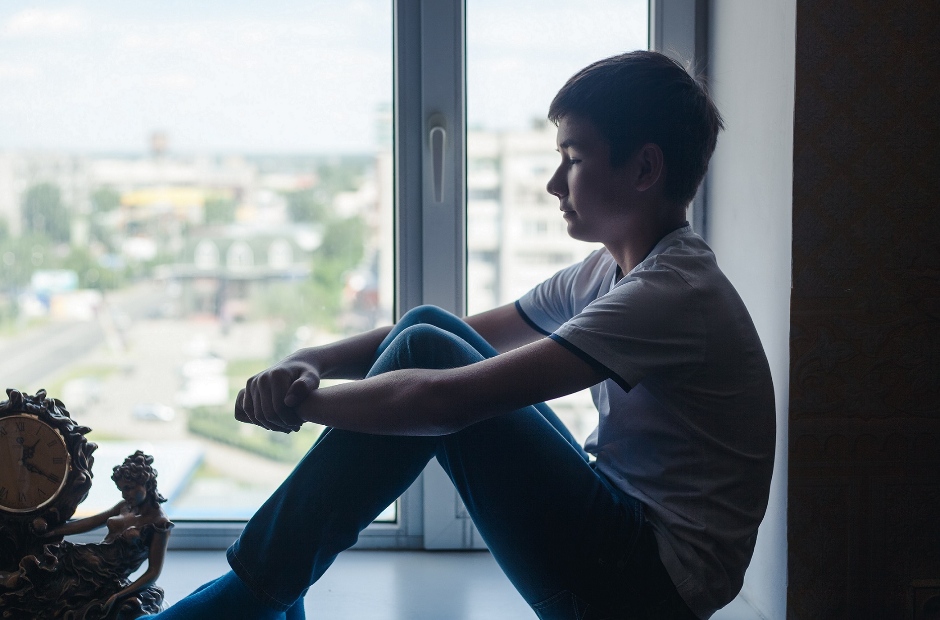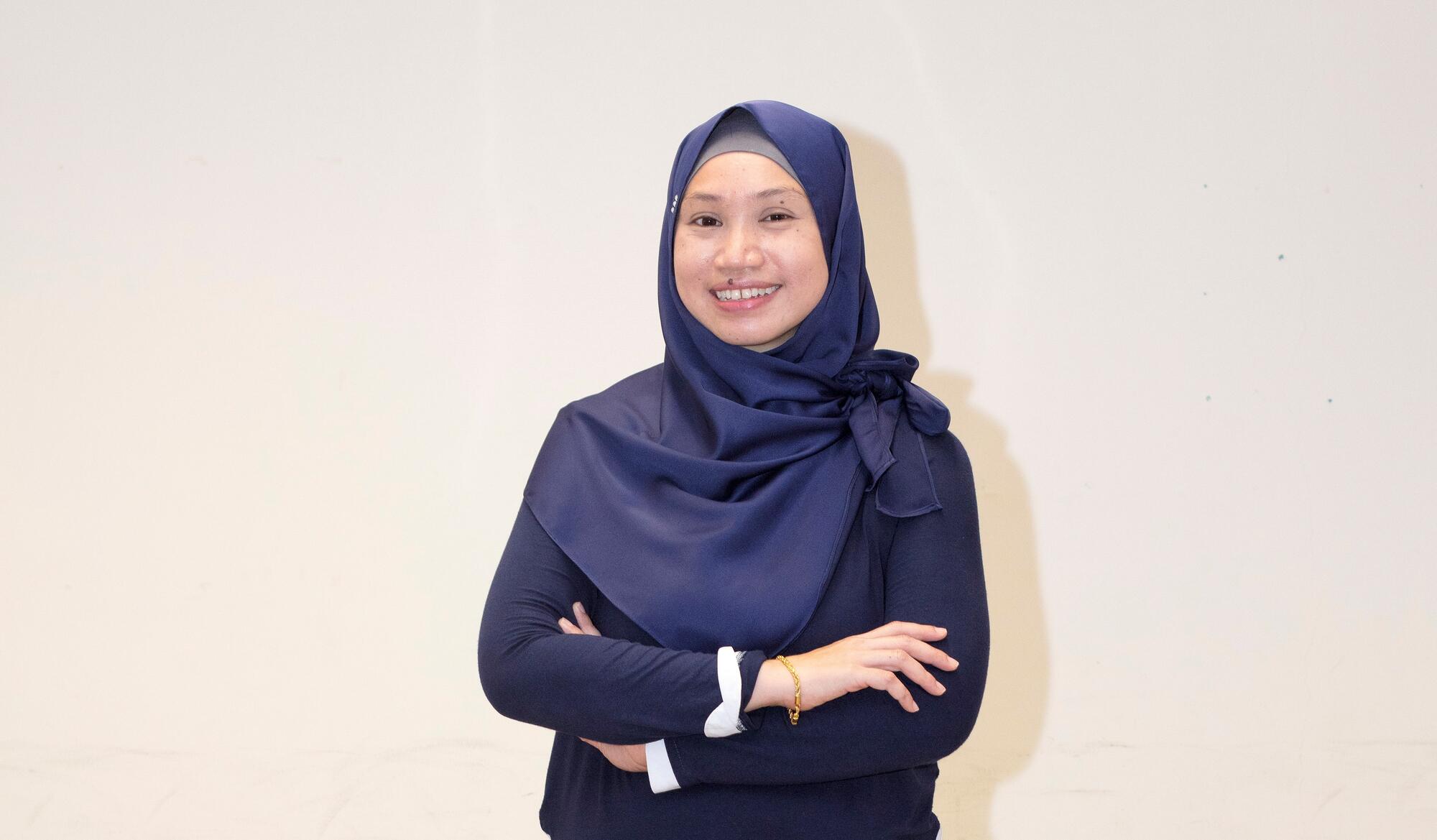We often hear instances of parents who go to great lengths to secure their child’s future.
A mother reads to her child in the womb. A father takes on extra shifts to pay for his child’s music lessons. Parents move closer to a school that they feel is best for their child. This is understandable because as parents, we want the best for our children.
Back when I was seven, preparing a child for primary school was a fairly simple affair for parents. All the kids in my kampung in Coronation Road went to the same school nearby, Duchess Primary School. To get my siblings to school and ensure we were fed, my late mother would wake up early every day to fry nasi goreng sambal belacan for us to pack for recess, to save on money for recess.
To my parents, who were uneducated, it didn’t matter which school we went to, as long as we had an education. Other parents might have picked a school based on their language, cultural or religious considerations. Beyond that, the academic learning would be left entirely to the teachers when the school year started.
When my wife and I were young parents over 20 years ago, the times had changed. Distance between home and school was still important, but we also held certain ideas about preparing our children for formal schooling.
When our daughter Lidia was in Primary 2, we moved to a new house quite some distance away from her school, and subsequently made the decision to transfer her to a school nearer to our new home. For our son Adli, we also chose the school closest to our home too. The proximity brought convenience and a shorter commute, and we hoped that Lidia and Adli could have more time and energy to focus on their interests in and after school.
We then worked on their school readiness.
Getting them off to a strong start
Language readiness is important, and we were glad that we already had the habit of reading and talking to them regularly – even singing lullabies — in both English and Malay, which gave them a good foundation in both languages.
To make learning fun and natural, my wife would encourage both our kids to recognise numbers and the alphabet while in the car, by reading aloud the road signs and the licence plates of cars in front of ours.
A sense of curiosity is also important. We would tell stories of things that we saw – trees, buildings, animals – to pique their interest in their surroundings. And my wife would take them to the library regularly and read to them.
As a result of these efforts (though most of the credit should go to my wife), there were no major surprises when both our children started school.
However, I did wonder about the children who were less prepared, and was heartened to learn from Adli’s school, for example, that the teachers took steps to find out which children needed more support and channeled more resources to help them to level up.
Today, I am glad to note that all schools across Singapore continue to uphold this same commitment of helping every child achieve their full potential regardless of their starting point, such as through the Learning Support Programme for English.
In September 2021, the Ministry of Education (MOE) announced changes to the Primary 1 Registration Framework, which includes the doubling of reserved places in Phase 2C from 20 to 40, to help more children with no prior connection attend a school near their home.
With this change, more children will be spending less time on the roads, and more time with their family and on their interests. From a broader perspective, this also ensures that our schools remain accessible to students from all backgrounds and promotes diversity in our schools.
MOE is also committed to ensuring the quality of every school and resourcing them well. When choosing a school for their child, I encourage parents to consider that there is no one right school and in fact, there may be several suitable choices that meet their learning needs and interests and are reasonably close to home.

Dr Maliki visiting a primary school. It is important that children are equipped with the socio-emotional skills they need to settle well into school life, make friends, and feel excited about learning.
What is expected of your Primary 1 child
As we approach the start of a new school year, many parents of children entering Primary 1 are understandably concerned about what is expected of their child. The transition may seem daunting, but I urge parents not to be too worried.
In general, children starting Primary 1 are expected to be able to express in English their personal needs, wants and experiences, and be able to ask and answer simple questions. Gradually, they should then be able to express these in simple, complete sentences, whether in speech or in writing.
A basic understanding of numbers is also encouraged, where children should be able to count up to 10 and know what is ‘more’, ‘less’ or ‘the same’.
Beyond that, it is more important that children are equipped with the socio-emotional skills they need to settle well into school life, make friends, and feel excited about learning.
I have some ideas to share about how we can further prepare our children for Primary 1 and to cultivate that love for school and learning:
1. Model a sense of wonder and curiosity
My wife and I like to share with our children our interest in the world around us. When they were young, we introduced the world through books and TV programmes, and when they were older, we would also discuss social and current affairs at the dining table. To empower their sense of mastery over a subject, be prepared to learn from them too!
2. Share with our children what is exciting about school life.
After we moved to Toa Payoh, I continued to attend school in Bukit Timah, and the journey took me 45 minutes by bus. I used to tell my children how I had to wake up very early in the morning to catch the first bus to school and would often sleep while standing in the crowded bus! I also told them about how their grandmother’s nasi goreng and other tasty dishes made me quite popular among my friends, because I often shared my food with them. When parents share fond memories of school, it sends a strong signal to our children that school and learning is important and an experience that they can look forward to.
3. Get involved in your child’s school activities.
A child’s education is a shared responsibility between parents and the school. Try to attend the school’s orientation programme, explore the school website together, select a CCA with them, and attend parent-teacher conferences and special school events. Being present in school sends a strong message that our children’s education is foremost in our minds and our children will find greater meaning attending school. If you are able, volunteer with the school in any capacity to demonstrate your keen interest in their school. My wife was an active volunteer and even helped with some relief teaching in Adli’s school, much to Adli’s delight and pride.
4. Build a good foundation of skills through pre-school.
Pre-school education can give children early exposure to the necessary literacy, numeracy and social skills they need to build a strong foundation in their learning and adapt well to primary school. For those who fear the cost may be too high, they should not worry – support is available to them.
Ultimately, a child’s educational journey should not be defined by just their academic achievements. We want to see the bright smiles on the faces of our children each day when they return home from school. Let us seek to nurture the joy of learning in our children, encourage their healthy social and emotional development, and enable them to create good memories of school to look back on.
A version of this commentary first appeared in Malay in Berita Mediacorp.



.jpg)
.jpg)

